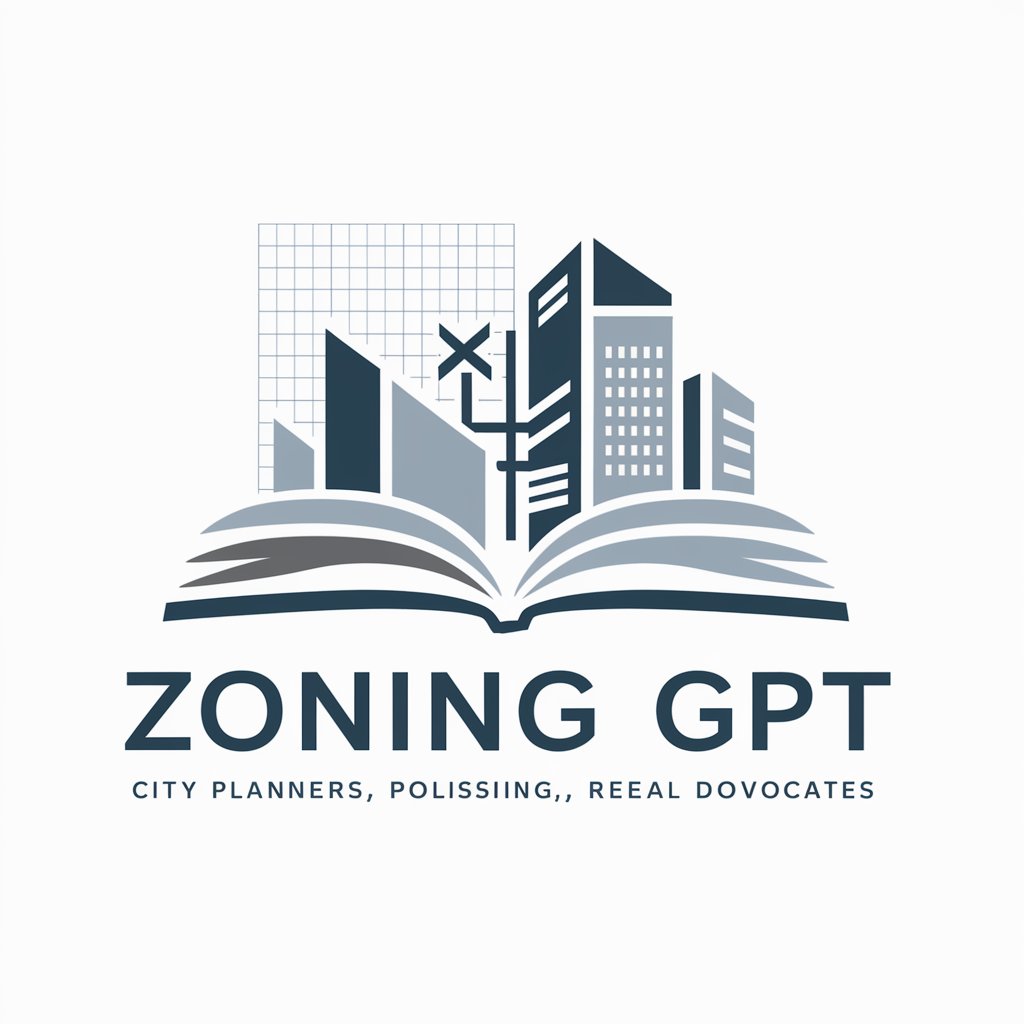
Zoning - Miami - Instant Zoning Information
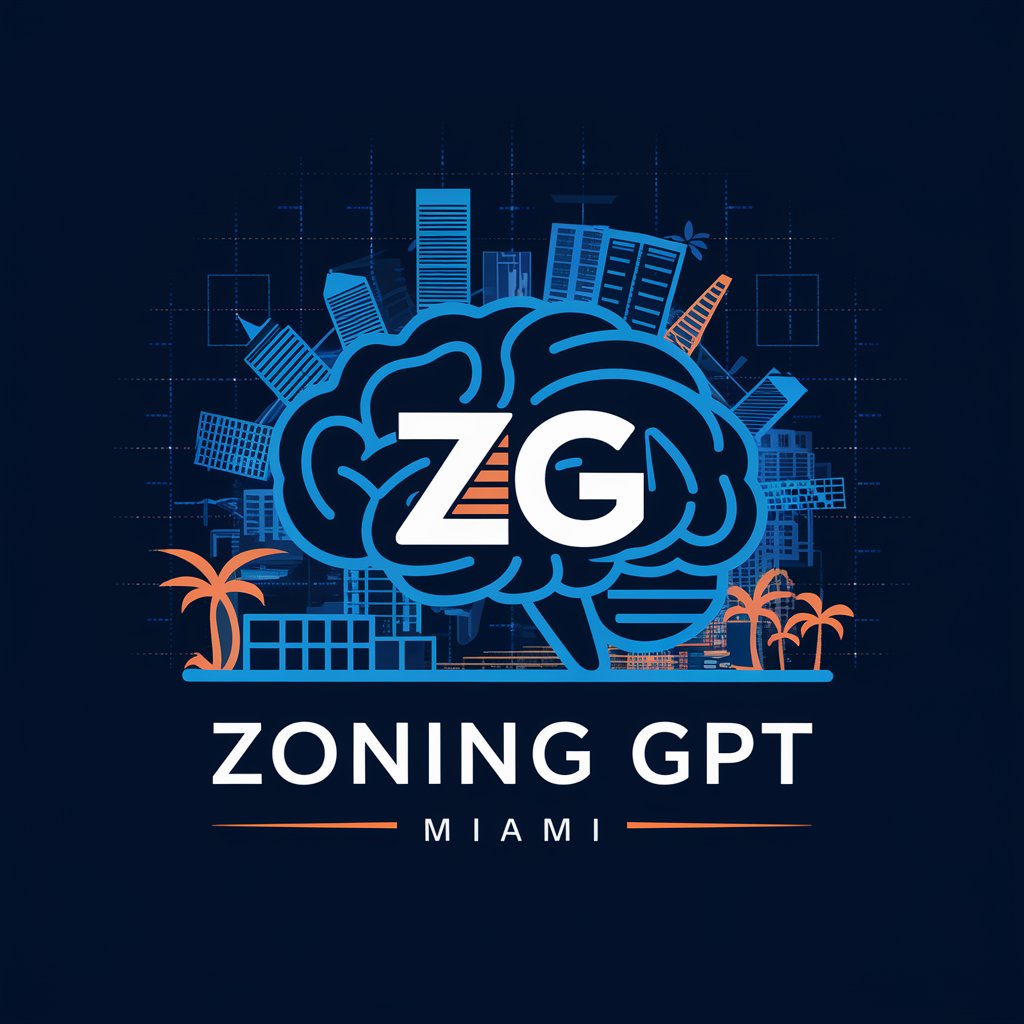
Welcome to Zoning GPT - Miami!
Navigating Miami Zoning Made Simple
What are the setback requirements for T3-R zone?
Explain the building height limitations for T6-12 zone.
What are the parking standards in the T4 zone?
Describe the density requirements for T5 zone.
Get Embed Code
Understanding Zoning in Miami
Zoning in Miami is a regulatory framework designed to segregate urban areas into zones, according to the nature of land use and building regulations. This framework aims to organize urban development and land use in a manner that enhances living conditions, promotes sustainable growth, and protects the environment. For example, zoning laws may designate certain areas exclusively for residential buildings, commercial activities, or industrial operations, thereby preventing incompatible land uses from adversely affecting each other. A scenario illustrating zoning's purpose could involve the development of a new residential neighborhood. Here, zoning ensures that homes are not built next to factories, which could affect the residents' quality of life due to noise and pollution. Powered by ChatGPT-4o。

Main Functions of Zoning in Miami
Land Use Regulation
Example
Preventing industrial facilities from being established in residential neighborhoods.
Scenario
Zoning laws specify which areas of Miami can be used for residential, commercial, or industrial purposes, guiding developers and property owners on where they can undertake certain types of projects.
Control of Building Standards
Example
Setting limits on building heights, densities, and setbacks in residential areas.
Scenario
This function ensures that any new construction or modifications to existing structures comply with safety, aesthetic, and environmental standards, contributing to the overall wellbeing of the community.
Preservation of Historical and Natural Resources
Example
Designating areas as historical districts or conservation zones.
Scenario
Zoning laws protect valuable cultural, historical, and natural resources from inappropriate development, maintaining the character and heritage of Miami.
Promotion of Sustainable Development
Example
Encouraging the use of renewable energy sources and green building practices in new developments.
Scenario
By setting specific requirements and incentives, zoning helps Miami transition towards more sustainable and environmentally friendly urban planning and construction methods.
Ideal Users of Zoning Services in Miami
Property Developers
Developers planning residential, commercial, or mixed-use projects benefit from understanding zoning regulations to ensure their projects comply with local laws and are feasible in designated areas.
Homeowners
Individuals looking to build, purchase, or modify homes need to be aware of zoning restrictions that may affect their property, such as allowable building heights or permissible uses.
Business Owners
Entrepreneurs and business owners require knowledge of zoning laws to find suitable locations for their operations that comply with local regulations regarding business activities and signage.
Urban Planners and Architects
Professionals involved in the planning and design of urban spaces rely on zoning regulations to create sustainable, functional, and aesthetically pleasing environments that meet the community's needs and regulatory standards.

How to Use Zoning - Miami
Initiate the Process
Begin by visiting yeschat.ai to start your free trial instantly, without the need to log in or subscribe to ChatGPT Plus.
Select Zoning Category
Choose the specific zoning category relevant to your inquiry or project, such as residential, commercial, or industrial, to ensure you receive the most accurate information and guidance.
Input Property Details
Enter the required details of your property, including address, lot size, and current use, to receive tailored zoning information and regulations.
Review Zoning Regulations
Examine the provided zoning regulations, restrictions, and allowances to understand what is permissible for your property under Miami's zoning laws.
Utilize Zoning Resources
Take advantage of additional resources such as zoning maps, guides, and consultation options for comprehensive planning and compliance.
Try other advanced and practical GPTs
Zoning - Boston
Deciphering Boston's Zoning Complexity

Zoning - Kissimmee
Master Zoning Compliance with AI
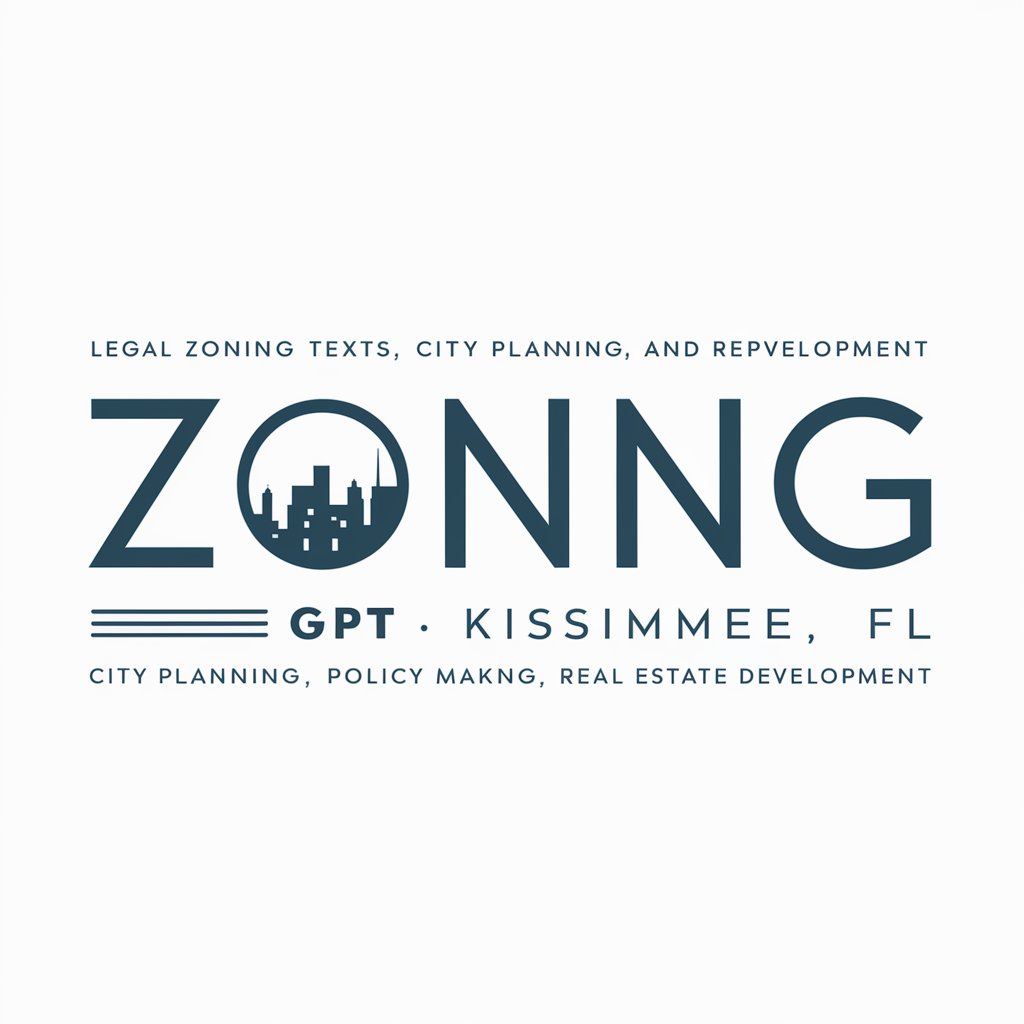
Zoning - Madrid
Decipher Madrid's Zoning with AI

Zoning - Oakland
AI-Powered Zoning Guidance for Oakland
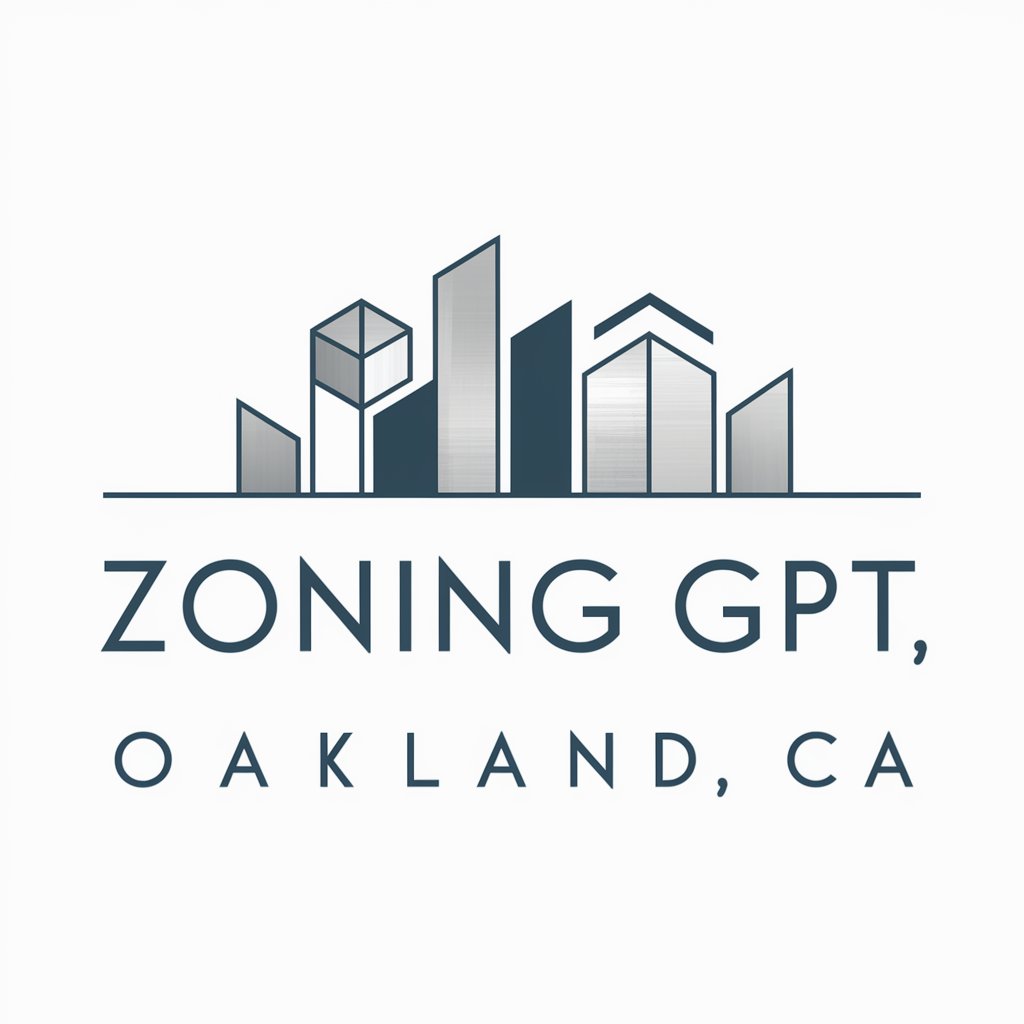
Zoning - Hanover
Navigating Hanover's Zoning with AI
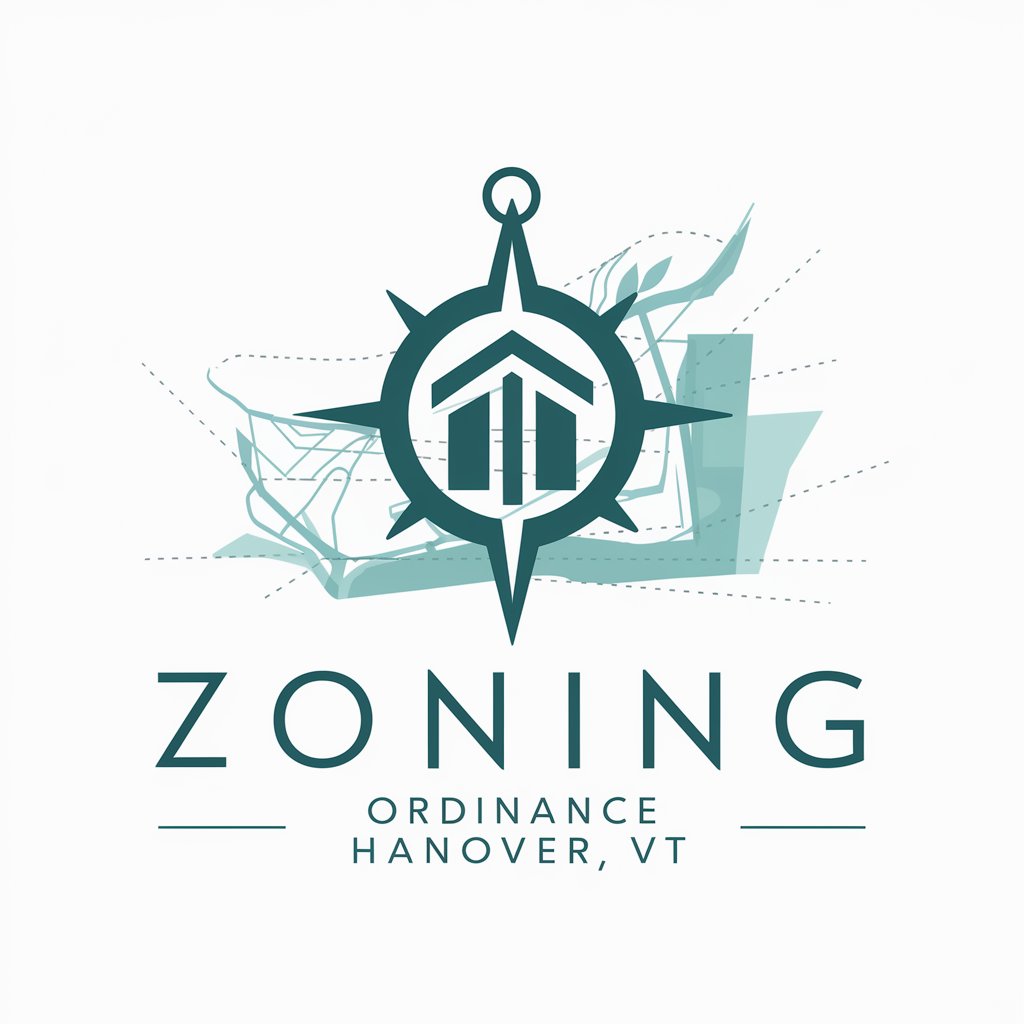
Zoning - Baltimore
Navigate Baltimore Zoning with AI

Zoning GPT
Navigate zoning complexities with AI.
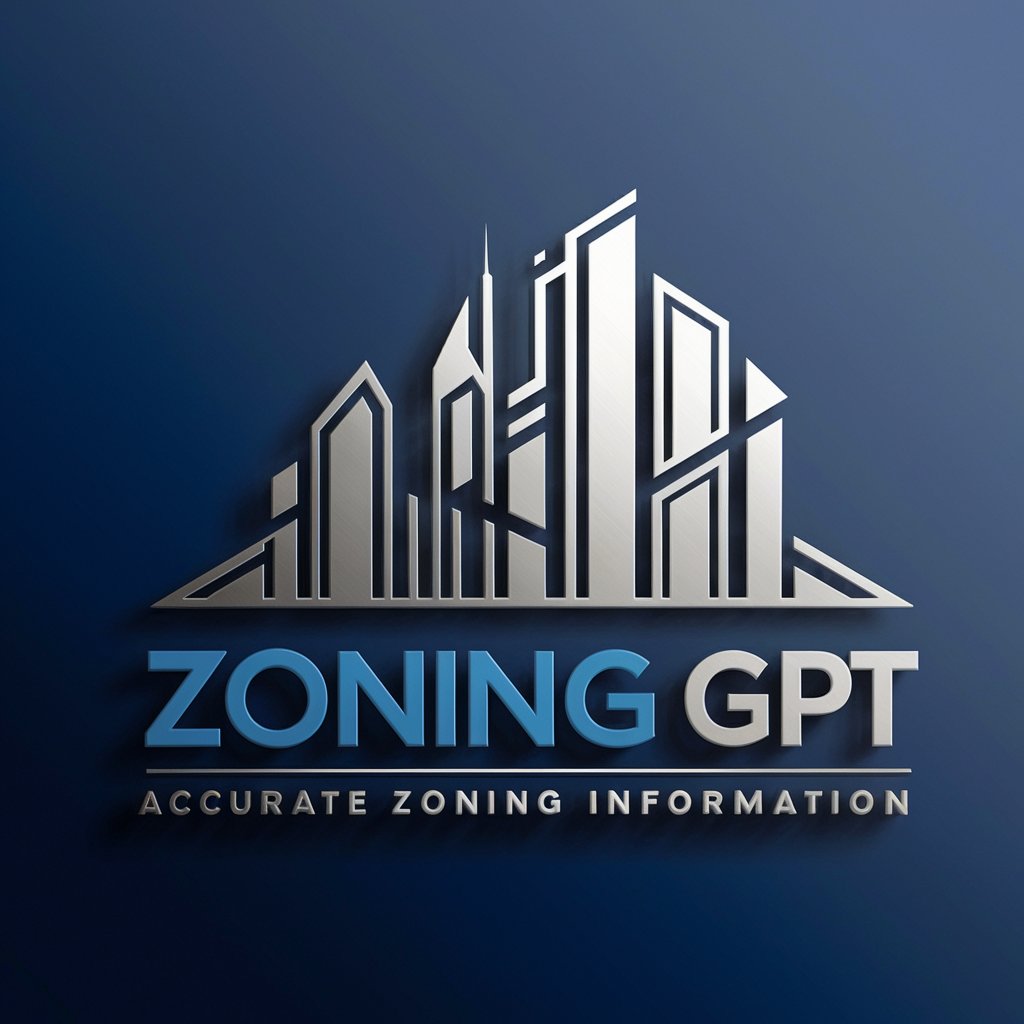
Banking Mentor
Sharpen Your Interview Skills with AI

Real Estate Banking
Empowering your real estate decisions with AI

Money and Banking
Empowering Financial Decisions with AI

Banking Exam Mock Test
Ace Your Banking Exams with AI-Powered Practice Tests

Investment Banking MD
Empowering investment decisions with AI

Zoning - Miami FAQs
What is the purpose of zoning in Miami?
Zoning in Miami aims to promote organized urban development, control land use, and ensure the compatibility of different land uses within the city for the welfare of its residents.
How can I find out the zoning classification for my property?
You can find out the zoning classification of your property by visiting the official Miami zoning website or using Zoning - Miami tool, entering your property's address, and accessing the zoning information directly.
Can I request a zoning change for my property?
Yes, property owners can request a zoning change. However, this involves a formal application process, public hearings, and approval from the city council or zoning board.
What are the common restrictions under Miami's zoning laws?
Common restrictions include limitations on building height, density, lot size, setbacks, and the specific types of activities that can be conducted on a property.
How does Zoning - Miami assist in compliance with local zoning laws?
Zoning - Miami provides detailed, property-specific zoning regulations, resources for understanding and navigating the zoning process, and tools for planning compliant development projects.

